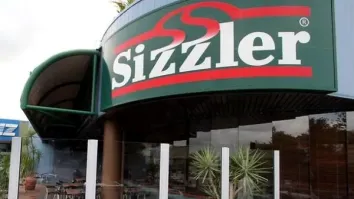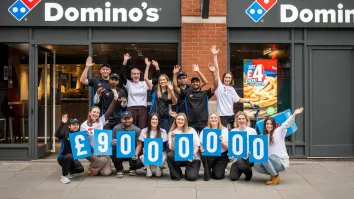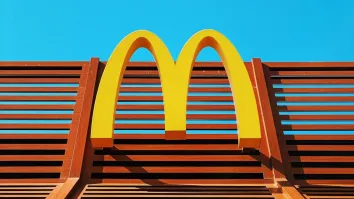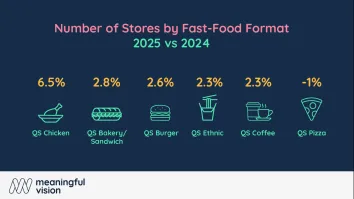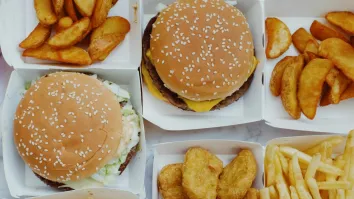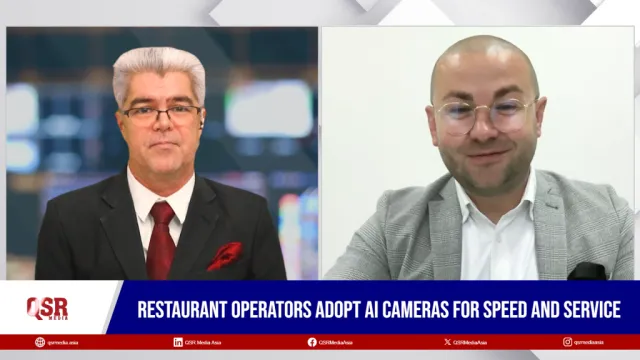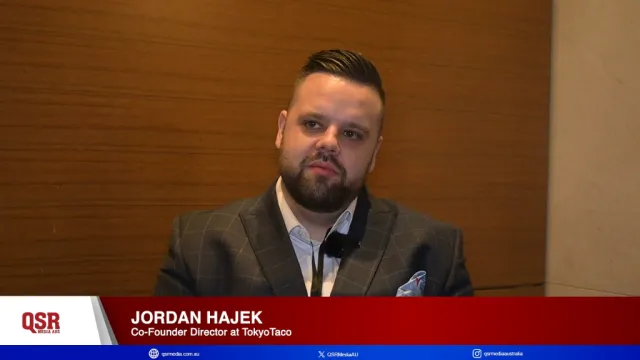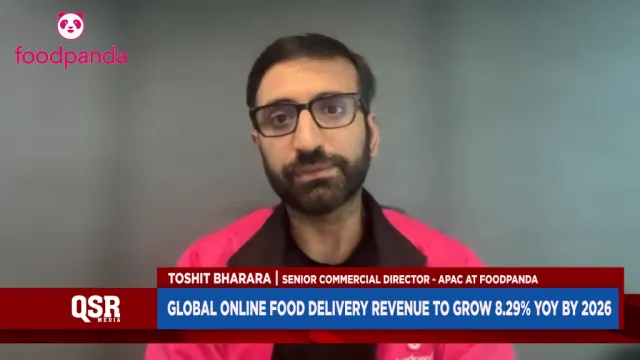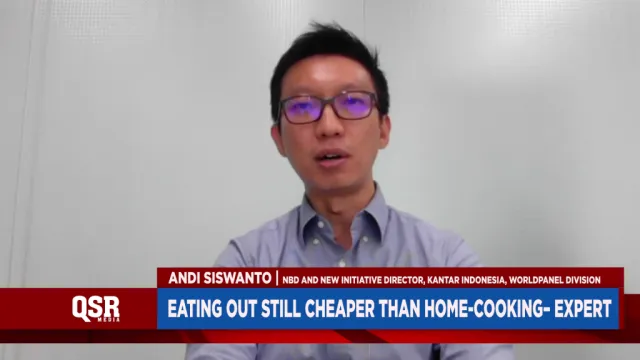![[L to R] Joey Alvero, chief operations officer at Potato Corner; Rizkie Putra, director of commercial at Grab Indonesia; Dawn Liew, chief operations officer at Nando's Malaysia and Singapore; Jeremy Van Dille, regional general manager for the Asia-Pacific at Deliverect with Tim Charlton, publisher of Charlton Media Group](https://www.cmgassets.com/s3fs-public/styles/article_details_tablet_image/public/2025-04/qsr-media-marketing-opps-panel.jpg.webp?itok=Fav6SofC)
Dark kitchens starting to lose their appeal
Companies prefer to build physical restaurants especially if they have the capital.
Dark kitchens, which offered a promising solution during the COVID-19 pandemic, have lost momentum in many countries, including in Indonesia due to increased competition, with delivery-only companies limited to those who can’t afford to build their own kitchen.
“Dark kitchens do not work,” Rizkie Putra, director of commercial at Grab Indonesia, told the QSR Media Asia TabSquare Conference & Awards 2025 in Singapore. “Many dark kitchen providers grew during the pandemic, but after that, they don’t work anymore.”
Putra himself was planning to build his own dark kitchen company but decided against it after looking at the market more closely.
“It doesn't work [in Indonesia] because the density is very tight, and there are many players in the market,” he said. “We offer this to many merchants, but the only ones who come to us are those who do not have the capital to build their own kitchen.”
Jeremy Van Dille, regional general manager for the Asia-Pacific at Deliverect, said dark kitchens have become a thing of the past.
“Three years ago, I would have said dark kitchens could help them evaluate the opportunity,” he told the forum. “It might still be relevant in the Middle East and to a certain extent, some Asian countries, but we have seen the decrease. Cloud kitchens are closing their doors.”
This might be because people want to go back to restaurants, he added.
Many companies want to focus on in-store experience and open in a mall, Van Dille said, adding that employee satisfaction is not the greatest if you just need to prepare food in the kitchen.
“They'll never see where it's delivered to, or they'll see no one else but food delivery drivers,” he said. “From a cultural perspective, it's not a great success anymore.”
Dawn Liew, chief operations officer at Nando's Malaysia and Singapore, said there has been a shift in consumer behaviour since people returned to their offices.
“We know that there is a little bit of a larger delivery profile simply because of the areas that they are located in,” she pointed out. “But there are other locations where it's almost a 95% dining business, so they hardly have much delivery.”
Liew said this is a welcome development.
“In all honesty, we really prefer serving [customers] in our store than through delivery because the experience is compromised,” she said. “The product quality may not be great, and we don't want that, right? So for dark kitchens, I feel that would be that drop-off point.”
Potato Corner, which thrived during the pandemic through innovations like ready-to-cook meal kits, relies on in-store experience to ensure its success. Whilst delivery helped sustain its business during the lockdowns, physical stores offer something that ghost kitchens don’t.
“What adds to the success of Potato Corner is that it’s a sensorial brand,” said Joey Alvero, chief operations officer at Potato Corner. “All the senses come into play, and there are a lot of features that allow it to be patronised on a regular basis.”


